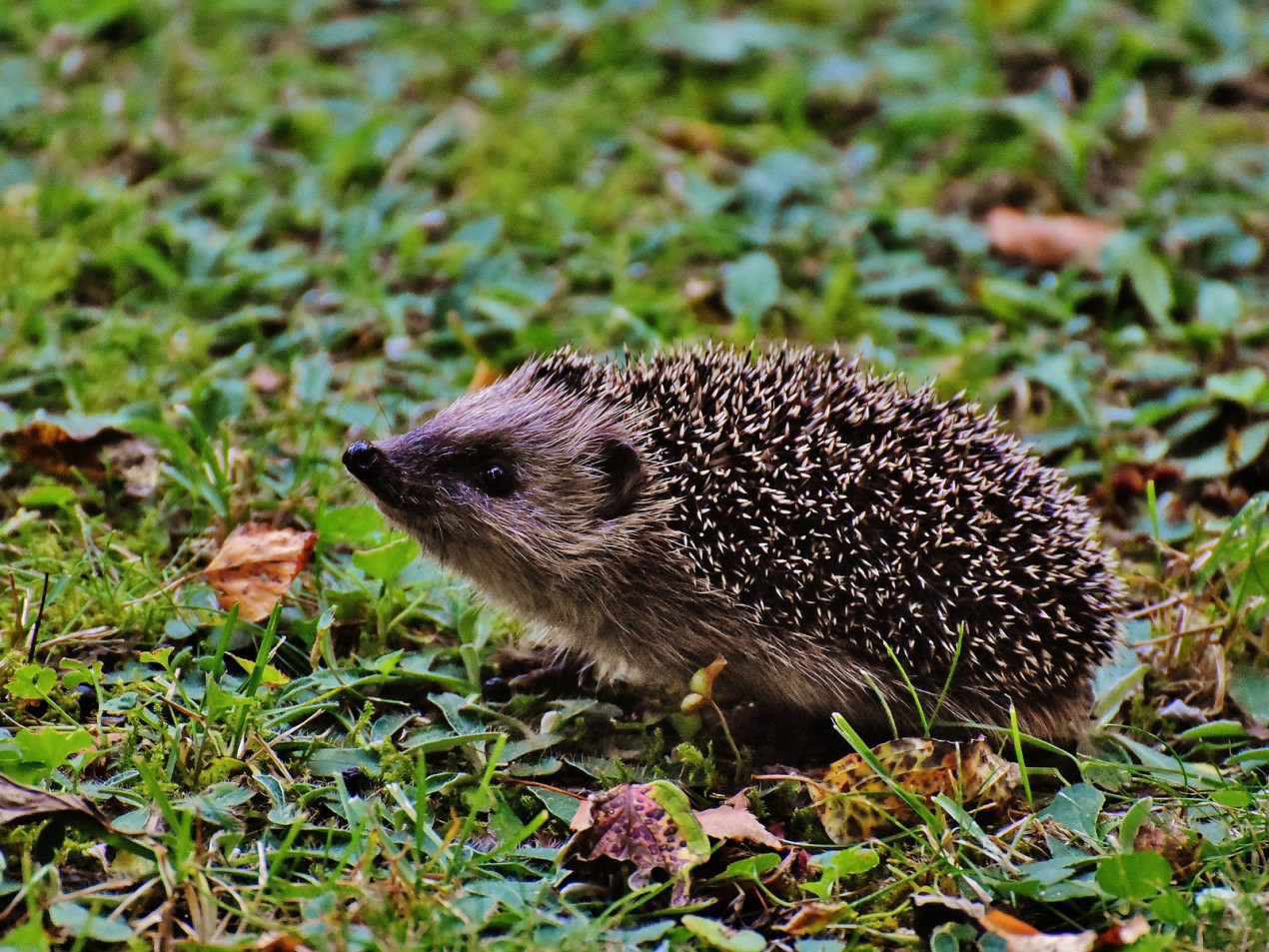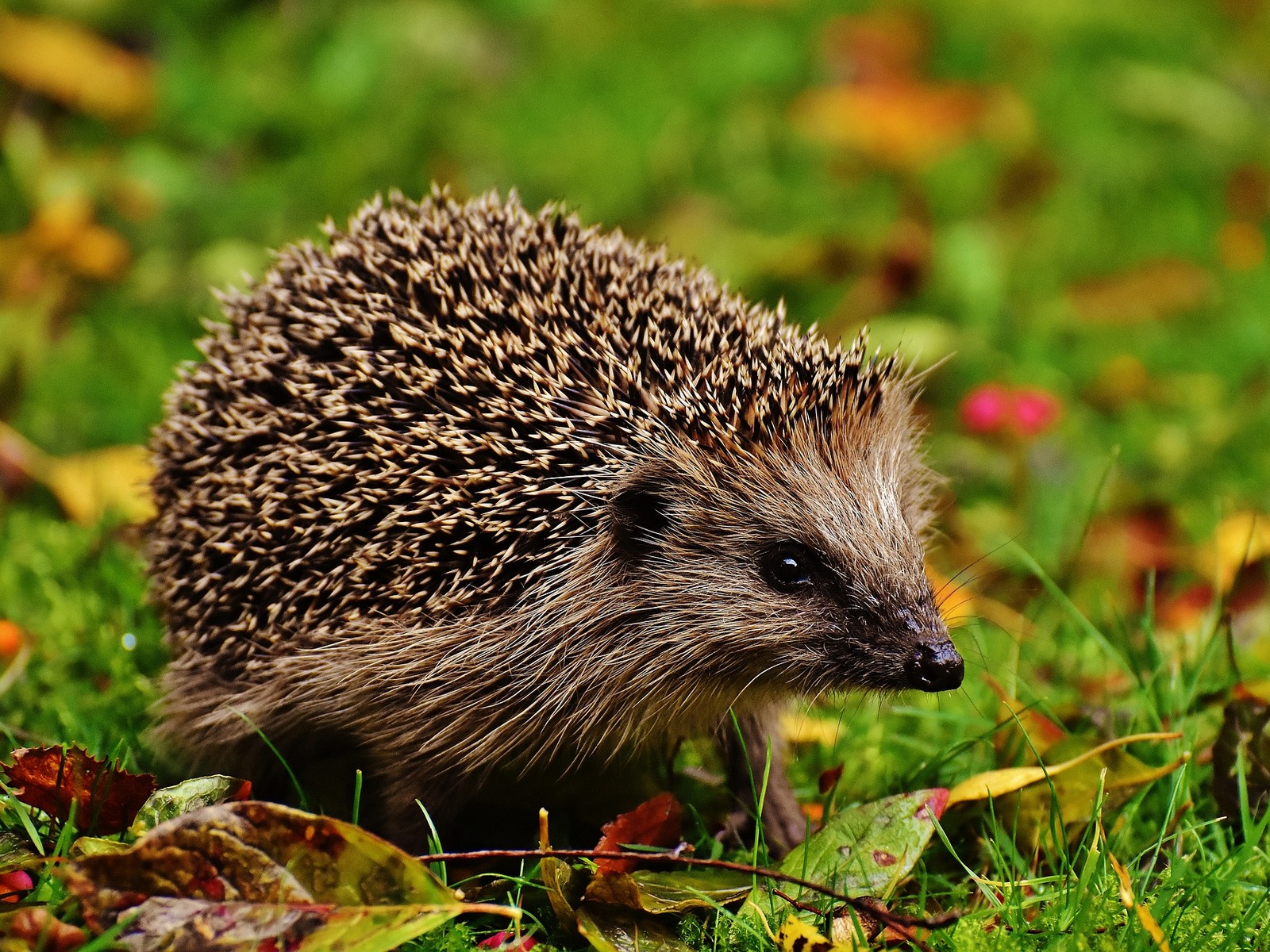I’ve found an injured hedgehog, who should I call?
If you have found a hedgehog you’re concerned about, you should call the British Hedgehog Preservation Society on 01584 890 801 or your local wildlife centre as quickly as possible. An online search along the lines of “wildlife rescue centre near me” should give you the information you need. You can also contact the RSPCA in England and Wales, Scottish SPCA in Scotland or USPCA in Northern Ireland for advice.
If you can’t get through or you’re worried the hedgehog’s injuries may be life-threatening then please call your local veterinary practice or, if it’s at night or on the weekend, your nearest Vets Now pet emergency clinic.
When should I move an injured hedgehog?
If you find an injured hedgehog, your first step should be to call the British Hedgehog Preservation Society or your local wildlife centre as they will be able to advise you on what to do. If you are advised to move the hedgehog you should:
- Line a cardboard box with a towel or scrunched-up newspaper
- Fill a hot water bottle with warm tap water and wrap it in a towel
- Place the hot water bottle and towel into the box, making sure there is room for the hedgehog to move away from the hot water bottle if they want to
- Use suitable gloves to gently lift the hedgehog into the box
How do I handle a baby hedgehog?
If you need to handle a baby hedgehog, for example, if it is injured or in immediate danger, use thick gloves to gently pick it up and place it in a well-ventilated cardboard box lined with a towel. A hot water bottle filled with warm tap water and wrapped in a towel should be placed in the box and should not be allowed to go cold. Avoid handling the hoglet as much as possible in order to keep it wild.



